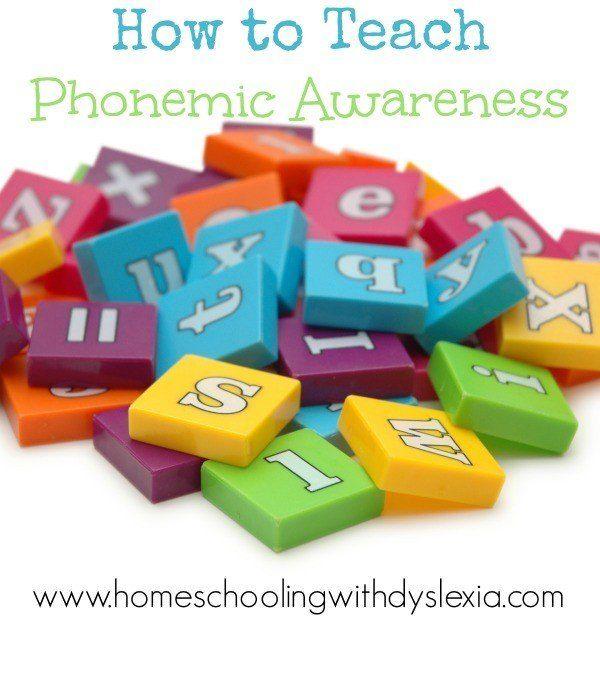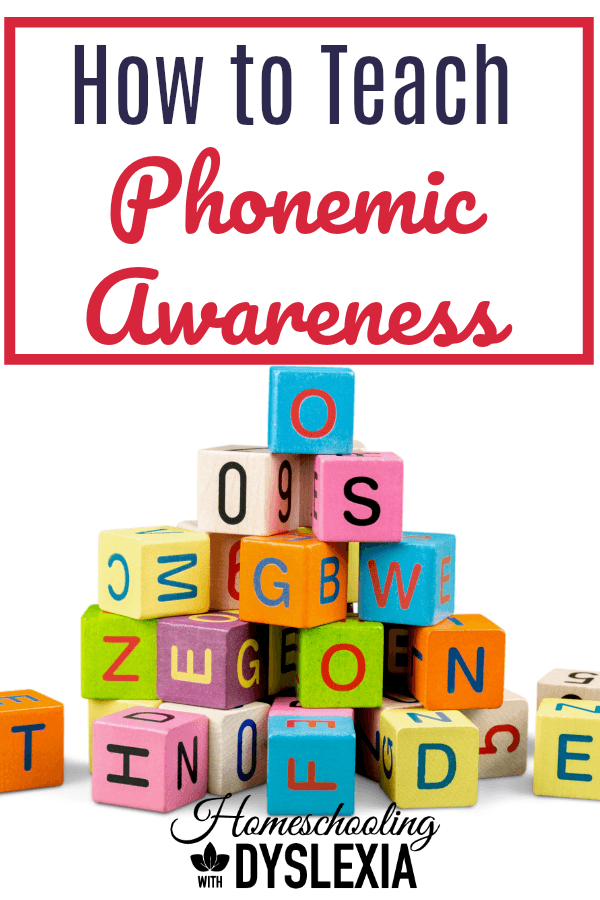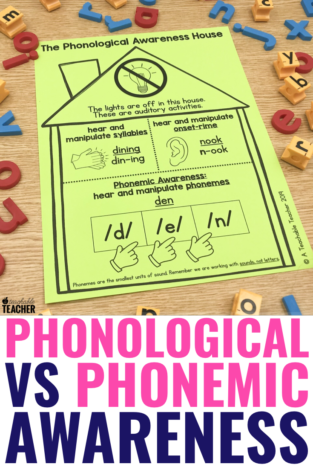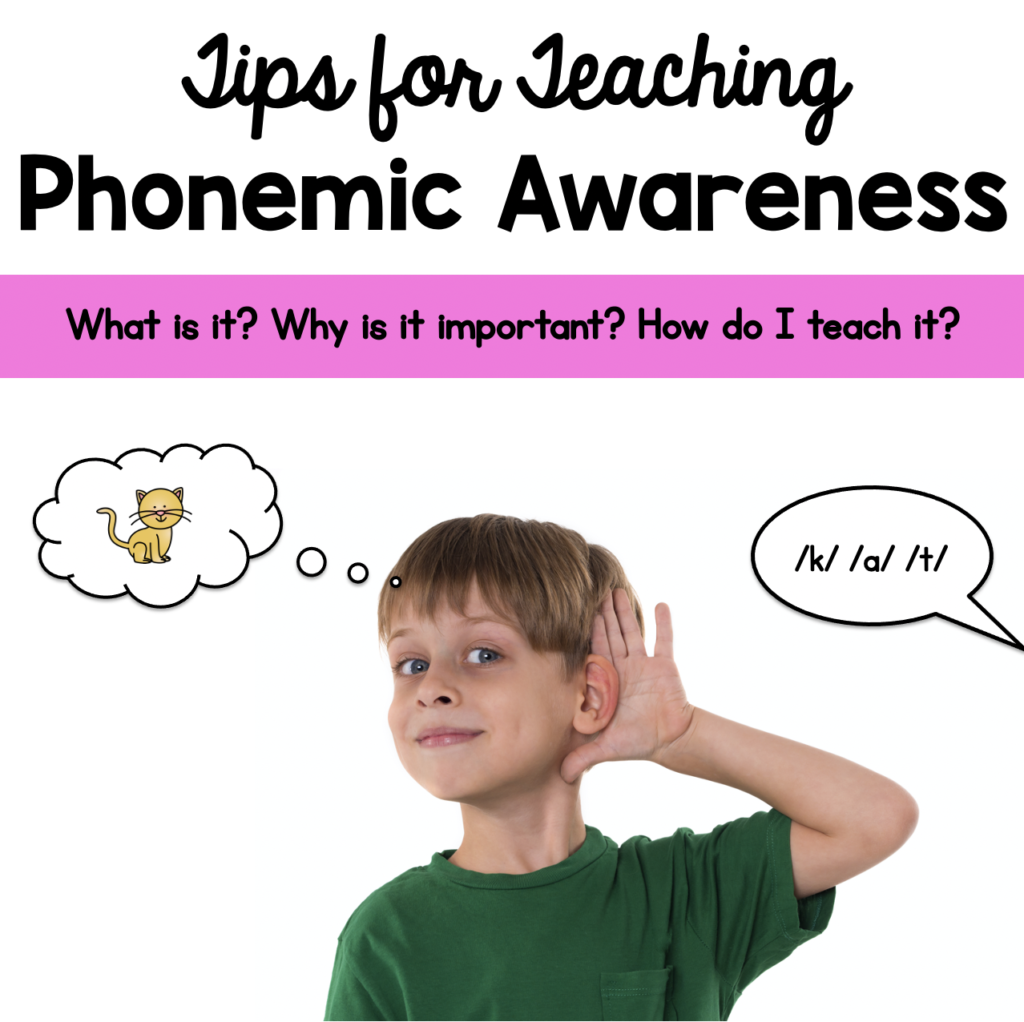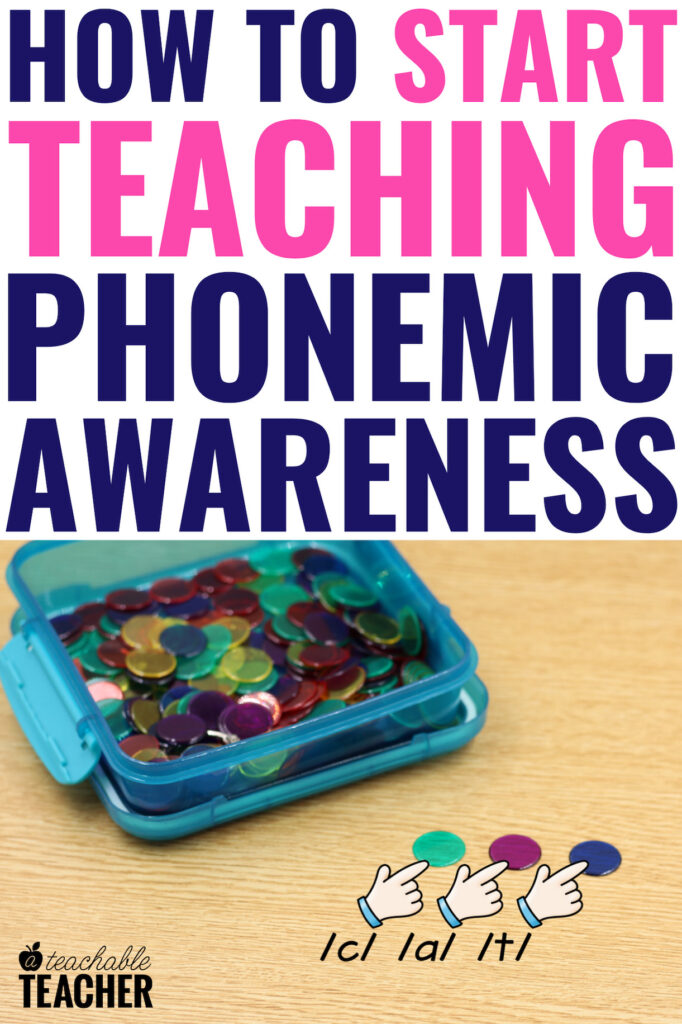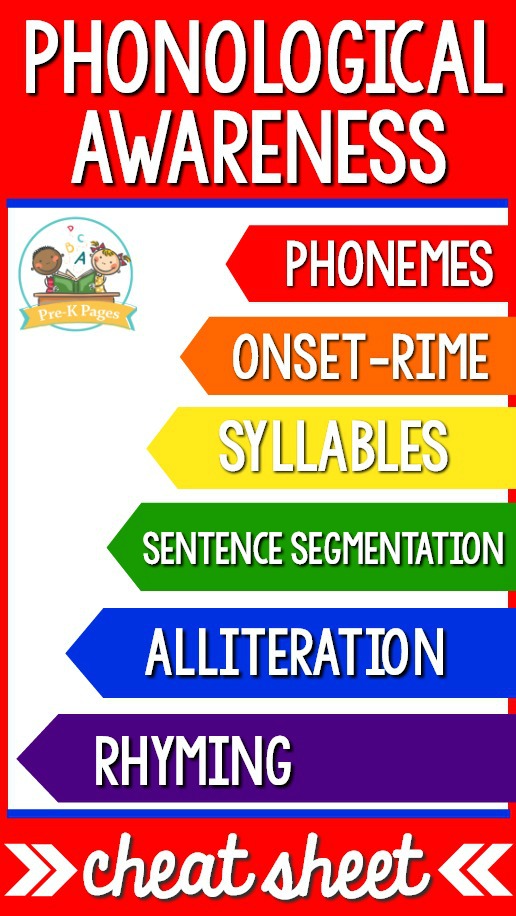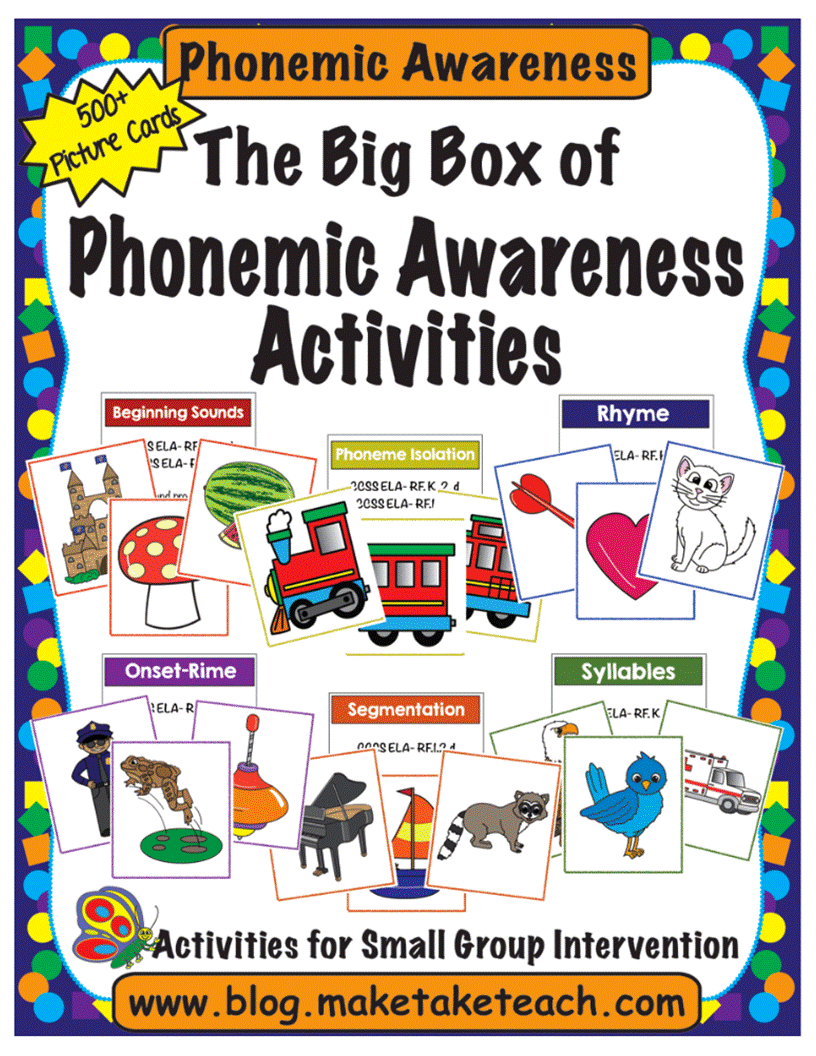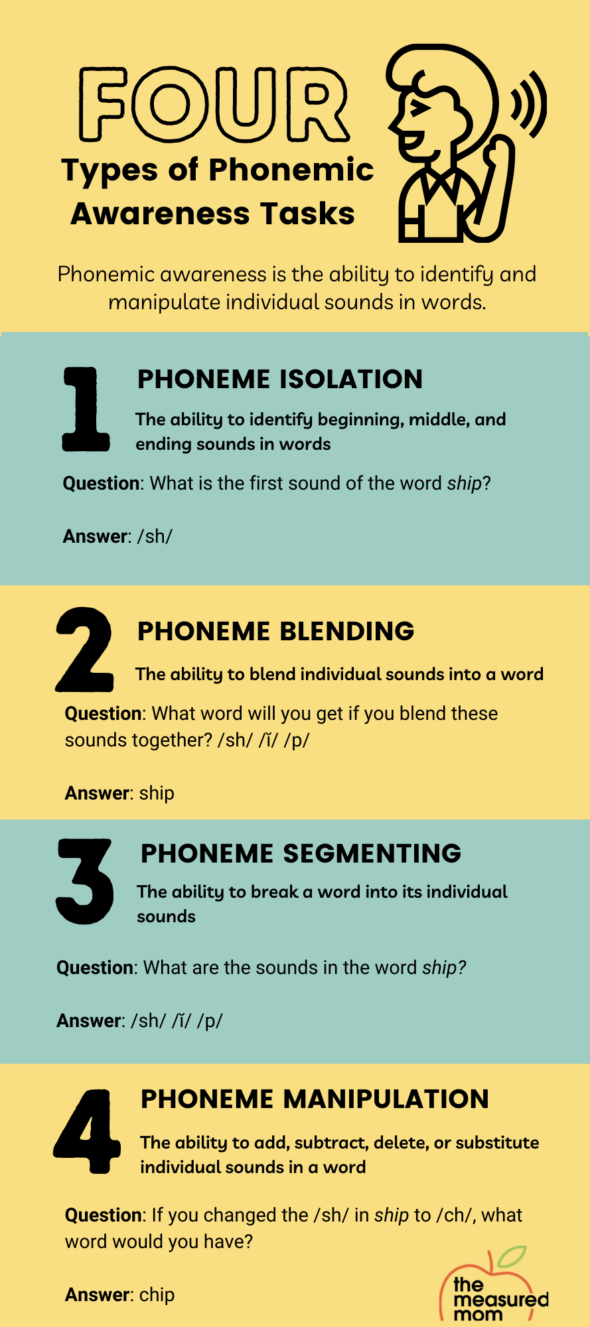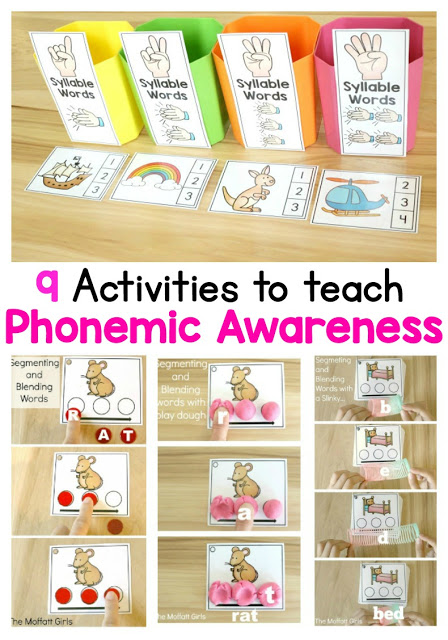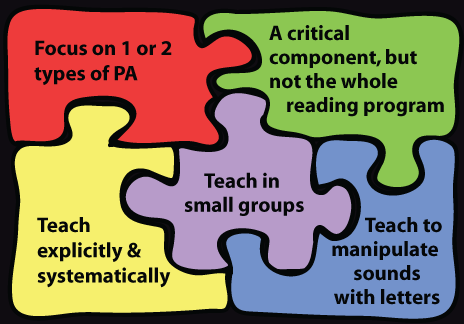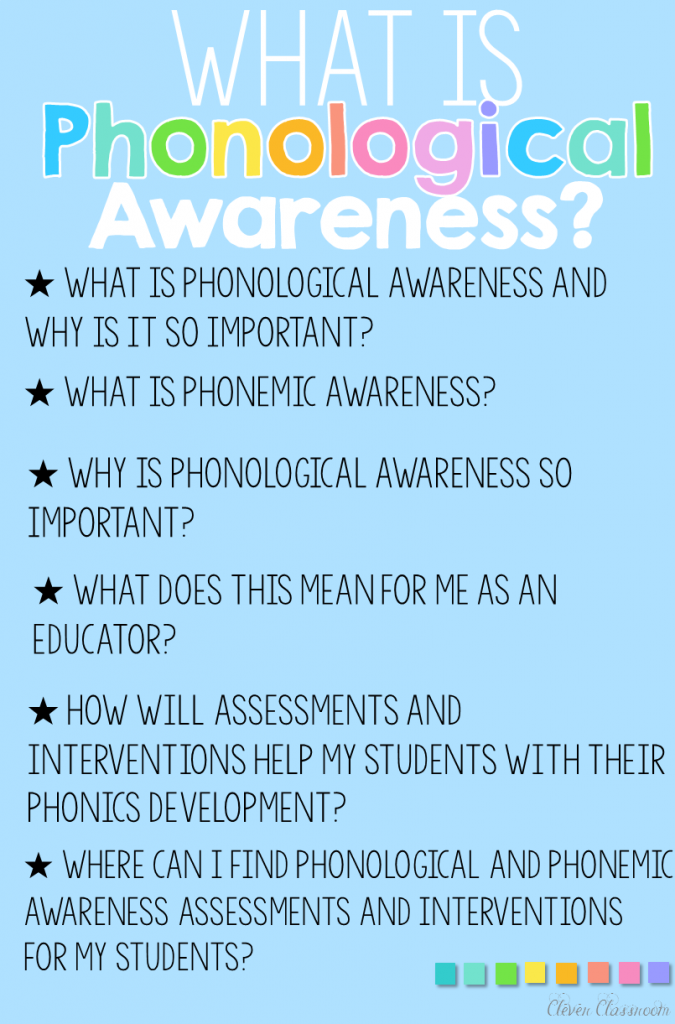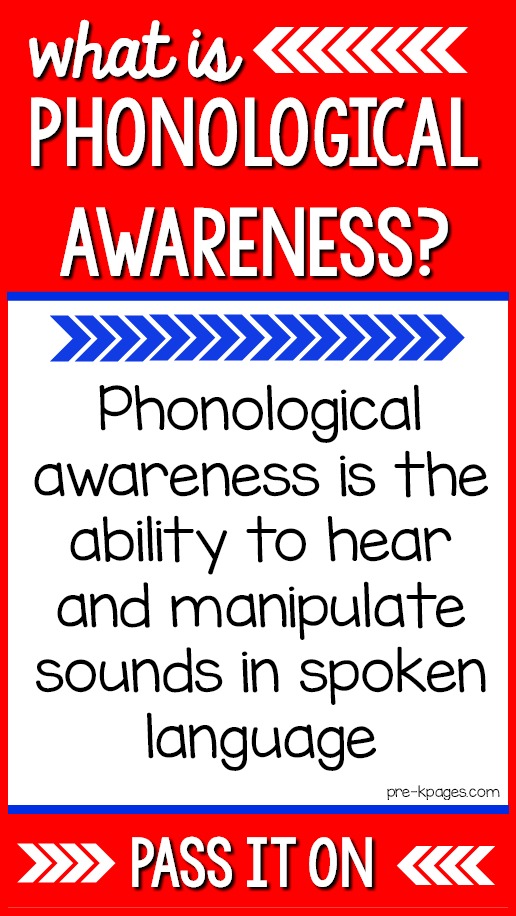Amazing Tips About How To Teach Phonemic Awareness
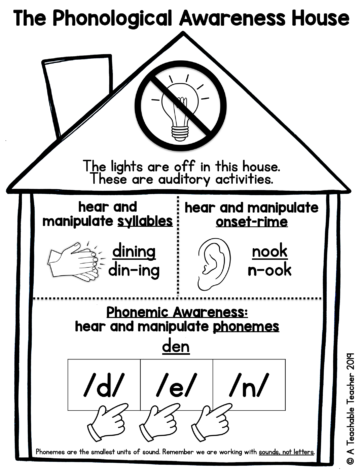
Counting syllables in words, identifying rhyming words, repeating words or.
How to teach phonemic awareness. Stand these children up facing class in a line and ask each person to say their word (so the class is reading from left to right of course). In this video, i share phonemic awareness activities for phoneme isolation. Phonemic awareness can be taught and learned.
So, can the reader make rhyming words such as fat and. Encourage your students to find specific phonemes in similar words. Okay, so how exactly does one do this?!
Children often clap their hands or stamp their feet to count syllables in a word. Phonics involves the relationship between sounds and written symbols, whereas phonemic awareness involves sounds in. Phonemic awareness is only taught in kindergarten and first grade.by the end of first grade, students should have a firm grasp of phonemic awareness.
You can improve a child’s phonemic awareness by putting in place activities that tie the spoken to the written words. Repeating after each rhyme thrice will. Singing rhyming poems is another way to use rhymes for phonemic awareness.
Singing will get them excited and energized to learn. Phonological awareness refers to oral language and is the. Allocate one child to each word.
You must teach phonological awareness skills systematically and in relation to orthographic and semantic skills! Effective phonemic awareness instruction teaches children to notice, think about, and work with (manipulate) sounds in spoken language. Examples of classroom activities to facilitate phonemic awareness nars from mars (rhyming) going to grandma’s (rhyming) 1, 2, 3, 4 syllables are on the floor (syllable counting) sort the.
